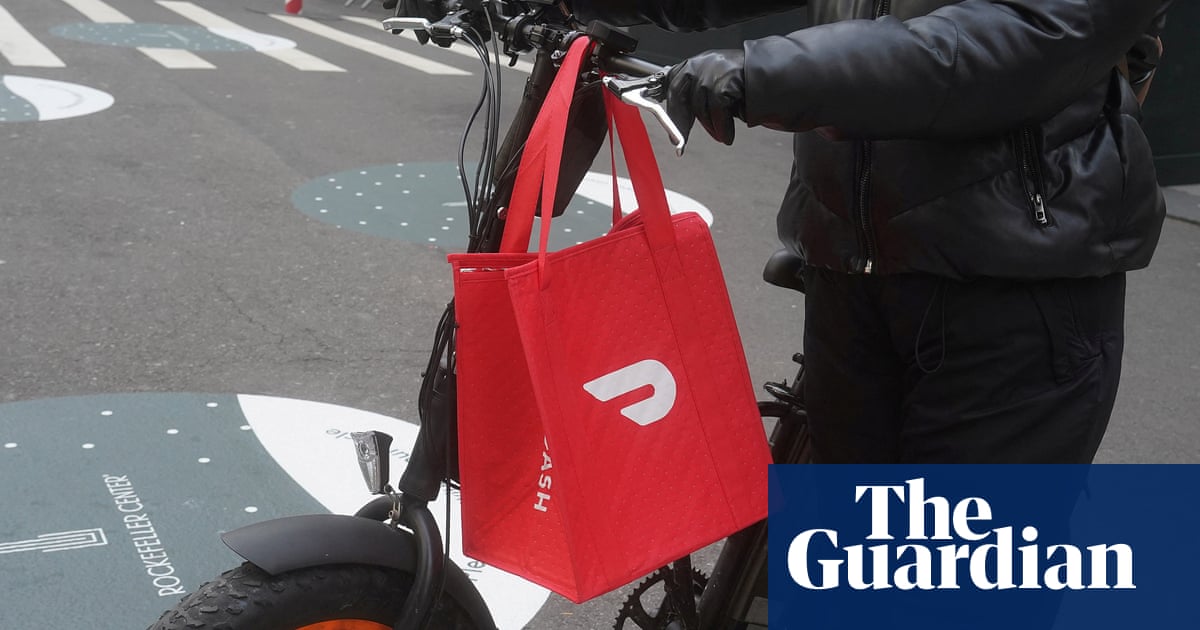The news regarding DoorDash's offer to acquire Deliveroo for $3.6 billion presents a significant development in the food delivery market. This potential merger highlights the competitive landscape and the ongoing consolidation trend among delivery services.
Strategic Intentions Behind the Acquisition
DoorDash's offer can be interpreted as a strategic move to expand its footprint in the UK market, where Deliveroo is a prominent player. The acquisition could enable DoorDash to leverage Deliveroo's established user base and market presence, thereby enhancing its overall growth trajectory. The mention of a potential firm offer suggests that DoorDash is serious about this acquisition, which may be aimed at solidifying its dominance in the global food delivery sector.
Public Sentiment and Market Perception
The announcement is likely to create a mixed response among stakeholders. On one hand, it may instill confidence in investors regarding DoorDash's growth strategy. On the other hand, it could raise concerns among Deliveroo's customers and employees about the implications of such a merger, including potential changes in service quality and job security. The phrasing used in the statement, such as advising shareholders to “take no action,” indicates a cautious approach that seeks to manage expectations and mitigate panic among investors.
Information Transparency and Potential Omissions
While the news outlines the offer and the current status of negotiations, it does not delve into the potential challenges or regulatory hurdles that may arise during the acquisition process. Such omissions could lead to a skewed perception of the feasibility of the deal. The narrative may aim to portray the acquisition as a straightforward opportunity rather than highlighting the complexities involved in merging two large entities in a competitive market.
Comparative Context in the News Landscape
When analyzed alongside other recent news on mergers and acquisitions in the tech and delivery sectors, this story fits into a broader narrative of consolidation. Other companies in similar industries have pursued mergers to enhance their market share. This context may suggest a trend where companies aim to pool resources to better compete against large players.
Potential Impacts on the Economy and Market Dynamics
The implications of this acquisition are manifold. If successful, it could reshape the competitive dynamics in the food delivery market, potentially leading to price adjustments and changes in service offerings. Furthermore, this could influence stock prices for both companies involved, as well as for competitors in the delivery and logistics sectors.
Target Audience and Community Reactions
This news is likely to resonate with investors, tech enthusiasts, and consumers using food delivery apps. The tone and content of the announcement suggest it is tailored to reassure investors while also addressing the operational capabilities of DoorDash. The focus on user base expansion and revenue growth indicates an appeal to stakeholders interested in market performance.
Global Market Influence and Broader Implications
The acquisition could have ramifications beyond the immediate market, potentially influencing the global food delivery landscape. With both companies operating in various countries, the merger may lead to further consolidation efforts in other regions, affecting international market dynamics.
Artificial Intelligence Considerations
It is conceivable that AI tools were utilized in crafting the announcement, particularly in analyzing market data and formulating a strategic response. The language used appears designed to convey authority and optimism about the acquisition, possibly influenced by AI-driven communication strategies.
This article provides a framework for understanding the implications of the acquisition while highlighting the strategic interests of DoorDash. Its overall reliability seems high, given the credible sources and the context provided. However, the lack of detailed exploration into potential regulatory challenges may warrant a more cautious interpretation of the news.
